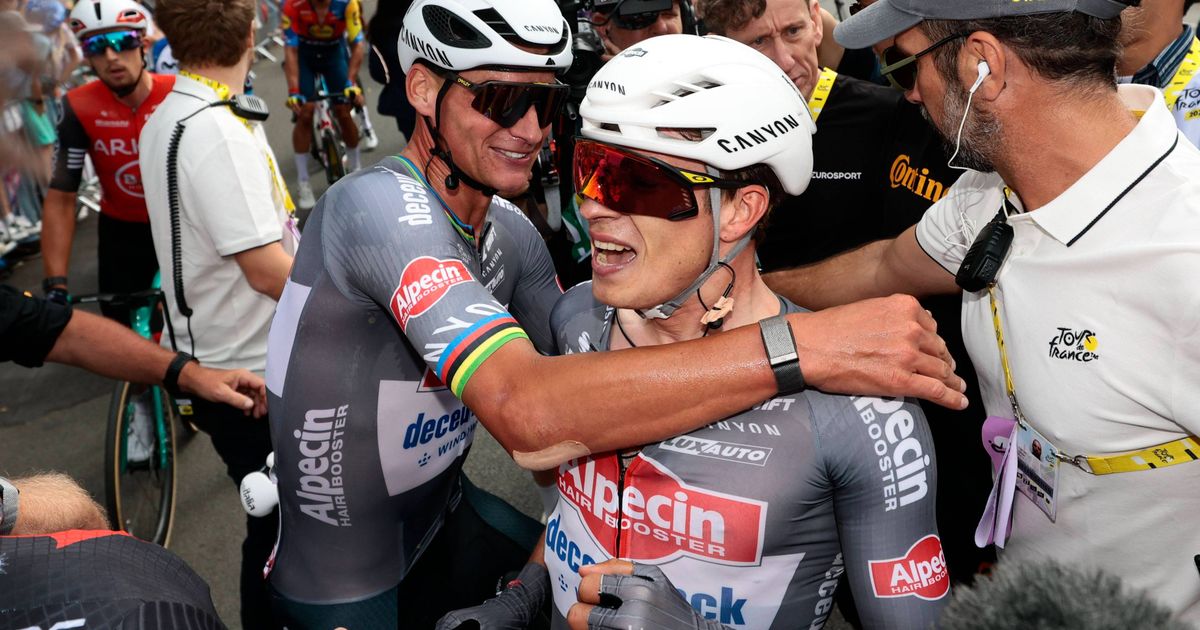It’s been a year of highs and hard knocks for Jasper Philipsen. The Belgian sprinter, who began 2025 by winning Kuurne-Brussels-Kuurne and later pulled on both the yellow jersey at the Tour de France and the red jersey at the Vuelta a Espana, has revealed just how mentally draining the middle part of his season became — and how friendship ultimately helped him find his way back.Speaking to Tutto Bici Web, the Alpecin-Deceuninck rider admitted that the collarbone fracture which ended his Tour de France after just three days left a lasting mark not only on his body, but on his motivation too.
“You spend months preparing for the Tour, you focus completely on it, and after three days it’s all over,” Philipsen recalled. “You end up in bed for the rest of July. Mentally, that’s very hard. You work so much to be there, and suddenly you have to refocus on something else when the Tour is still going on.”
Finding motivation again
For a rider who thrives on rhythm and routine, the forced pause came at exactly the wrong time. Yet, as Philipsen explained, what lifted him wasn’t training or recovery programmes — it was company.
“For three weeks after the crash I couldn’t ride, then I started training again and went to Spain with Mathieu van der Poel, Gianni Vermeersch and the others,” he said. “We had a great time there, just enjoying ourselves with no stress or pressure. That helped me get through it and find my motivation again. If I’d been alone, it would’ve been much harder to recover.”
That reconnection paid off. By late summer, Philipsen had rediscovered both his form and his fire, taking three stage wins at the Vuelta to close a season he admits was “turbulent” yet still rewarding.
“It wasn’t my most successful year in terms of the number of wins,” he said, “but I’m proud that I wore both the yellow jersey at the Tour and the red jersey at the Vuelta in the same season. That’s something special.”
Freedom, responsibility and emotion
The 27-year-old also reflected on how Alpecin–Deceuninck’s culture of autonomy has helped him mature as an athlete. “We’re quite free to decide how we train, which is nice because it gives you mental space and allows time with family,” Philipsen explained. “But it also means taking responsibility — it’s up to you to prepare properly and build the right condition for the Classics.”
More than anything, Philipsen said the season reminded him that cycling is about emotion as much as performance. “Cycling is a sport of emotions — all sport is,” he said. “It’s passion and emotion that keep you going. Without that, you won’t reach your goals.”
Having come through the hardest spell of his professional career, Philipsen looks ahead to 2026 with renewed motivation — and the same adrenaline-chasing energy that has defined his rise. “When I stop racing, I’ll definitely look for something that gives me the same adrenaline,” he said with a laugh. “I’ll need it.”

